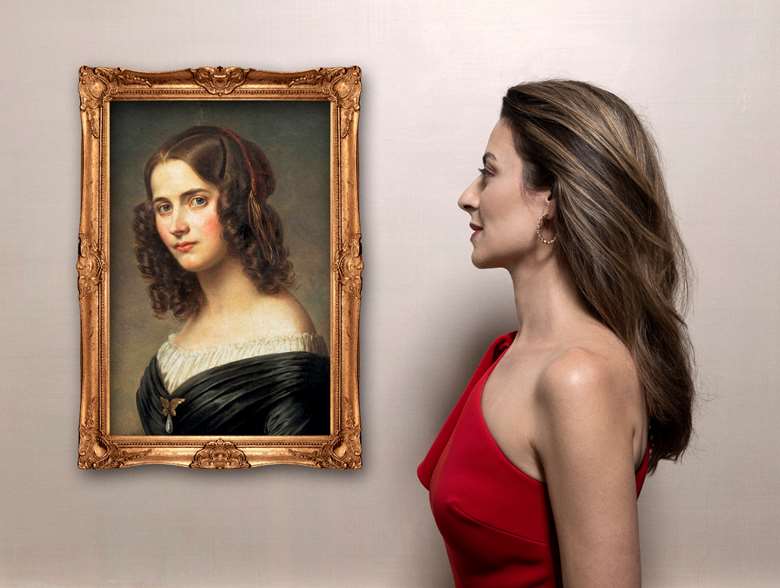Chen Reiss on Fanny Hensel: ‘She has her own voice, and it's just as good.’
Florence Lockheart
Tuesday, May 17, 2022
Soprano Chen Reiss talks to Florence Lockheart about what inspired her to champion a less well-known composer and the challenges she faced along this path less travelled.


Register now to continue reading
Don’t miss out on our dedicated coverage of the classical music world. Register today to enjoy the following benefits:
- Unlimited access to news pages
- Free weekly email newsletter
- Free access to two subscriber-only articles per month